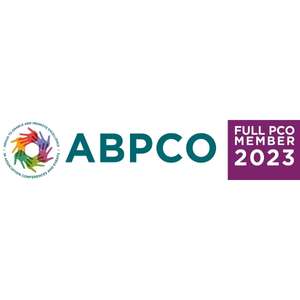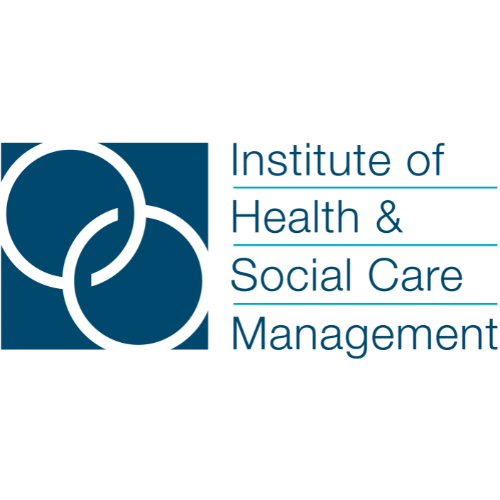Current Climate & Challenges
Respiratory disease affects 1 in 5 people and remains the third leading cause of death in England, behind only cancer and cardiovascular illness Emergency admissions for respiratory conditions rose to 854,922 in the year ending 2024—a 7 % increase—with COPD admissions up 9 % and pneumonia up 16 %.
Rising GP visits for asthma (up 45 % Jan–June 2025) are straining primary care, exacerbated by poor air quality and social inequality. Many ICSs report insufficient spirometry capacity to diagnose COPD, delaying care for hundreds of thousands, combined with winter peaks—flu, RSV, COVID—NHS trusts face repeated critical incidents due to respiratory surges.
Timeliness of the Event
The NHS’s 10‑Year Health Plan (July 3, 2025) sets a bold agenda: shift care into the community, strengthen preventive efforts, and leverage digital and AI tools, backed by a £29 billion investment.
Respiratory services are a top clinical priority under this plan with a clear mandate to reduce inequalities and strengthen neighbourhood health centres.
That makes this event pivotal: coming as the NHS transitions from policy to action, it offers the perfect forum to scale respiratory care across ICSs, address local service gaps, and embed resilience ahead of the next winter.
Key Subjects Covered
- Strategic Fit: Linking respiratory care to the NHS Plan’s triad—hospital to neighbourhood, reactive to preventive, analogue to digital.
- Demand Management: Tackling soaring admissions and GP caseloads through community interventions, pharmacy-led asthma reviews, and vaccination campaigns.
- Diagnostics Access: Overcoming spirometry bottlenecks in over half of ICSs—scaling local diagnostic hubs and pharmacy spirometry clinics.
- Workforce & Governance: Building a resilient respiratory workforce per NHS People Plan, including training, roles, and multidisciplinary team structures.
- Digital & AI Enablement: Deploying telehealth, remote monitoring, and predictive analytics as set out by the Plan’s digital ambitions.
- Health Equity & Environment: Linking air pollution, deprivation, and climate change to respiratory risk—advocating for integrated social and environmental policies.
Why Attend
This event is crucial for NHS leaders, clinicians, commissioners, and community providers seeking to transform respiratory services at an inflection point. Attendees will:
- Understand strategic alignment with the NHS 10‑Year Plan—how neighbourhood-based respiratory care supports the move from hospitals to community and fosters prevention through technology.
- Analyse real-world solutions: pharmacy-led spirometry, community clinics, and air quality initiatives proven to ease winter pressures and reduce avoidable admissions.
- Acquire practical frameworks for workforce development, multidisciplinary team roles, and service governance as outlined in the NHS People Plan and BTS recommendations.
- Explore digital transformation: remote monitoring models, AI-driven risk prediction, and integration with primary care IT systems.
- Address inequity head-on, with multi-sector panels on housing, pollution, and social deprivation—essential for reducing the worst respiratory outcomes in deprived areas.
- Network with cross-sector leaders in policy, public health, primary care, pharmacy, and ICS commissioning to build shared solutions.
- Walk away with concrete takeaways—templates, referral pathways, diagnostic checklists, and investment models to scale local respiratory capacity ahead of the next winter season.
This event is a must-attend for anyone involved in planning, delivering, or commissioning respiratory services, urgent care, community diagnostics, and ICS leadership—as we step into a new era of care aligned with the NHS’s decade-long transformation.






















